Losing a loved one due to someone else’s negligence is an unimaginable tragedy, leaving families not only with emotional devastation but also financial hardships and unanswered questions. At Flickinger Boulton Robson Weeks, we understand the pain and uncertainty that comes with a wrongful death, and we are here to help you seek justice for your loved one.
Whether the loss was caused by a car accident, medical malpractice, a workplace incident, or another preventable tragedy, our experienced Utah wrongful death lawyers are committed to holding responsible parties accountable.
While no legal action can replace what you have lost, pursuing a wrongful death claim can provide the financial support your family needs and help ensure that similar tragedies are prevented in the future. Let our compassionate legal team guide you through this difficult time with the dedication, experience, and care you deserve.
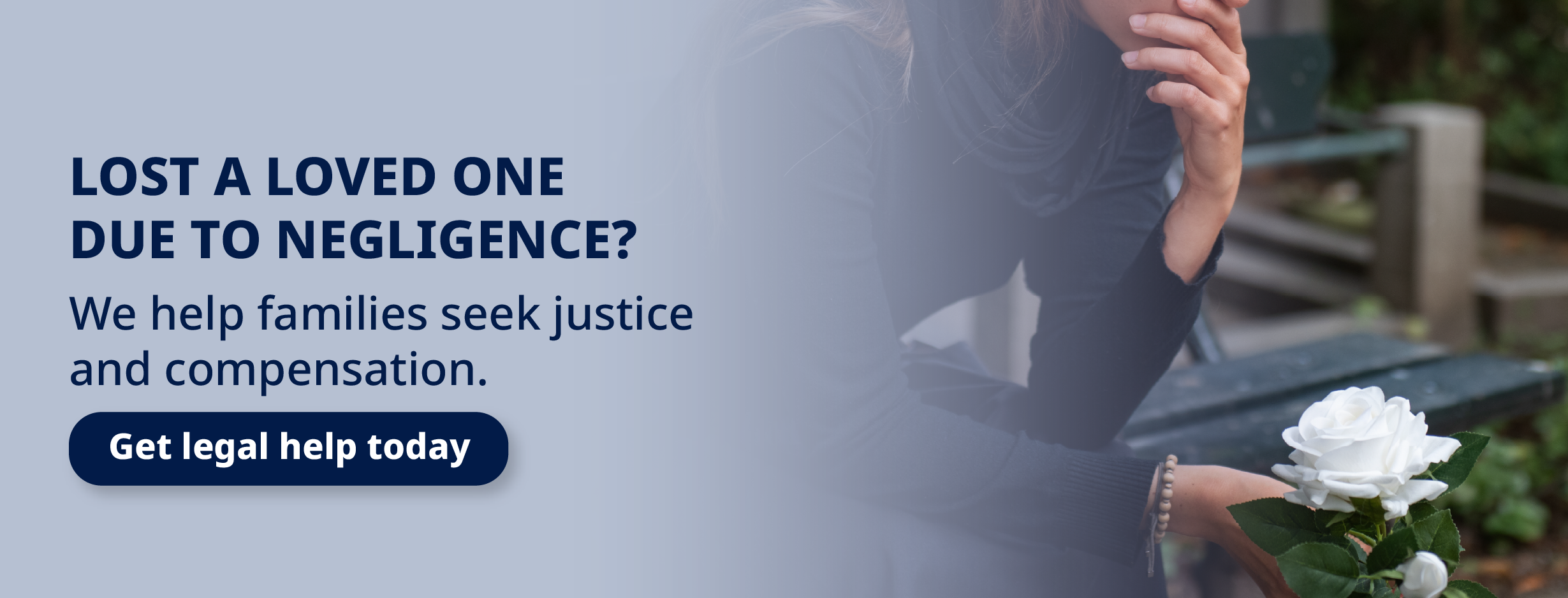
Losing a loved one due to another’s negligence or intentional actions is a profound tragedy.
A wrongful death claim in Utah allows surviving family members to seek financial compensation when a loved one dies due to another person’s negligence or misconduct. Utah law provides clear guidelines on who can file a wrongful death lawsuit, the types of damages available, and the deadlines for taking legal action. Understanding the fundamentals of wrongful death claims is crucial for those navigating such challenging circumstances.
Since 1993, Flickinger Boulton Robson Weeks has been dedicated to representing injury victims throughout Utah, with offices conveniently located in cities like Sandy, Provo, and South Jordan.
As the first law firm south of Salt Lake County to focus exclusively on personal injury law, we have built a reputation for skilled advocacy and unwavering commitment to our clients. Our team of skilled Utah wrongful death lawyers has over 150 years of combined experience fighting tirelessly to secure fair compensation for those who have been harmed due to negligence.
Our mission is to stand by injury victims, protect their rights, and guide them through the legal process with the care and dedication they deserve.
Under Utah law, a wrongful death occurs when an individual’s death results from the wrongful act, neglect, or default of another person or entity. This legal framework allows the deceased’s heirs or personal representatives to file a lawsuit seeking damages for their loss.
Timeliness is crucial in wrongful death cases. In Utah, a wrongful death claim must be filed within two years from the date of death. If the claim is against a government entity, the timeframe is shortened to one year. Failing to file within these periods can result in losing the right to pursue compensation.
While specific wrongful death statistics for Utah are not readily available, unintentional injuries are a leading cause of death in the state. In 2023, unintentional injuries accounted for 1,520 deaths, with leading causes including poisoning, falls, motor vehicle traffic crashes, suffocation, and drowning.
Navigating a wrongful death claim in Utah requires a comprehensive understanding of state laws and adherence to specific legal procedures. Eligible family members must act within the designated timeframes to seek justice and compensation for their profound loss.
Consulting with a knowledgeable Utah wrongful death attorney can provide invaluable guidance during this challenging time.
Under Utah Code Section 78B-3-106, a wrongful death is defined as a death resulting from the wrongful act or neglect of another person or entity. This statute allows the deceased person’s heirs or personal representatives to file a lawsuit seeking damages against those responsible for the death.
Wrongful death claims in Utah can arise from various situations, including but not limited to the following:
Utah Code Section 78B-3-106 provides a legal framework for families to seek justice and compensation when a loved one’s death results from another’s wrongful act or neglect. Understanding the statute’s provisions is crucial for those considering legal action in such tragic circumstances.
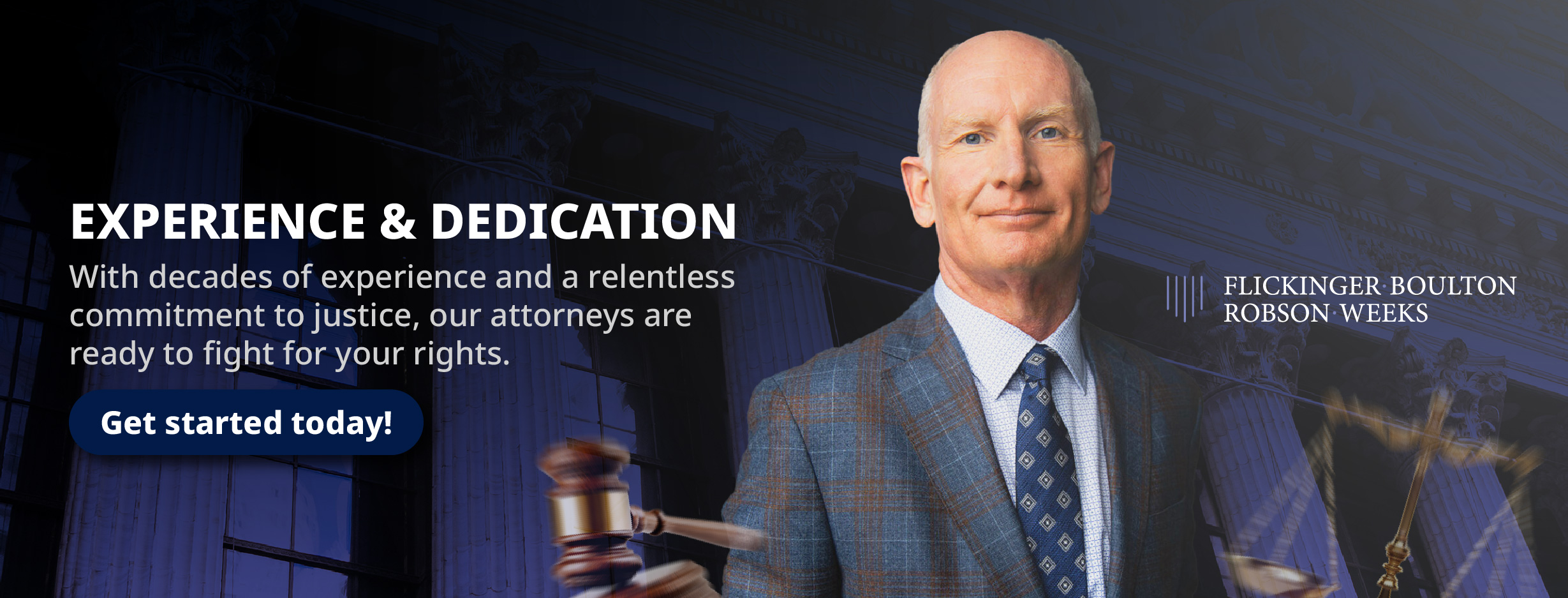
When a loved one’s life is cut short due to someone else’s negligence or wrongful actions, family members may seek justice through a wrongful death claim.
Utah law clearly outlines who is legally allowed to file such a claim and how compensation may be pursued. Understanding eligibility is crucial for families seeking financial recovery and accountability for their loss.
If you are unsure whether you qualify to file a claim, a Utah wrongful death lawyer can assess your situation and guide you through the legal process.
Utah law specifies that the following individuals have the right to file a wrongful death lawsuit:
A deceased person’s legal spouse has the first right to file a wrongful death claim. This includes legally married spouses but excludes those in common-law relationships unless legally recognized by the court.
Biological and legally adopted children of the deceased can file a wrongful death lawsuit. Stepchildren, however, do not have automatic rights unless they were legally adopted.
If the deceased was unmarried and did not have children, biological or adoptive parents may file a claim. Parents of a minor child who died due to wrongful death are also eligible to seek damages.
Utah law allows blood relatives who are legally considered heirs of the deceased under intestate succession laws to file a wrongful death claim. This typically includes:
A court-appointed personal representative (executor of the estate) may file a wrongful death lawsuit on behalf of the deceased’s estate and distribute compensation among eligible heirs.
While Utah law prioritizes biological and adoptive family members, there are cases where stepchildren or dependents may have legal standing if they are financially dependent on the deceased. Courts may consider:
Utah law allows multiple eligible family members to be involved in a wrongful death claim. However, disputes can arise when more than one party wishes to act as the lead plaintiff. Courts may resolve conflicts by determining which party has the strongest legal and financial interest in the case.
In Utah, wrongful death claims must be filed within two years of the date of death. However, if the claim is against a government entity, the statute of limitations is only one year. Missing these deadlines can prevent family members from recovering compensation.
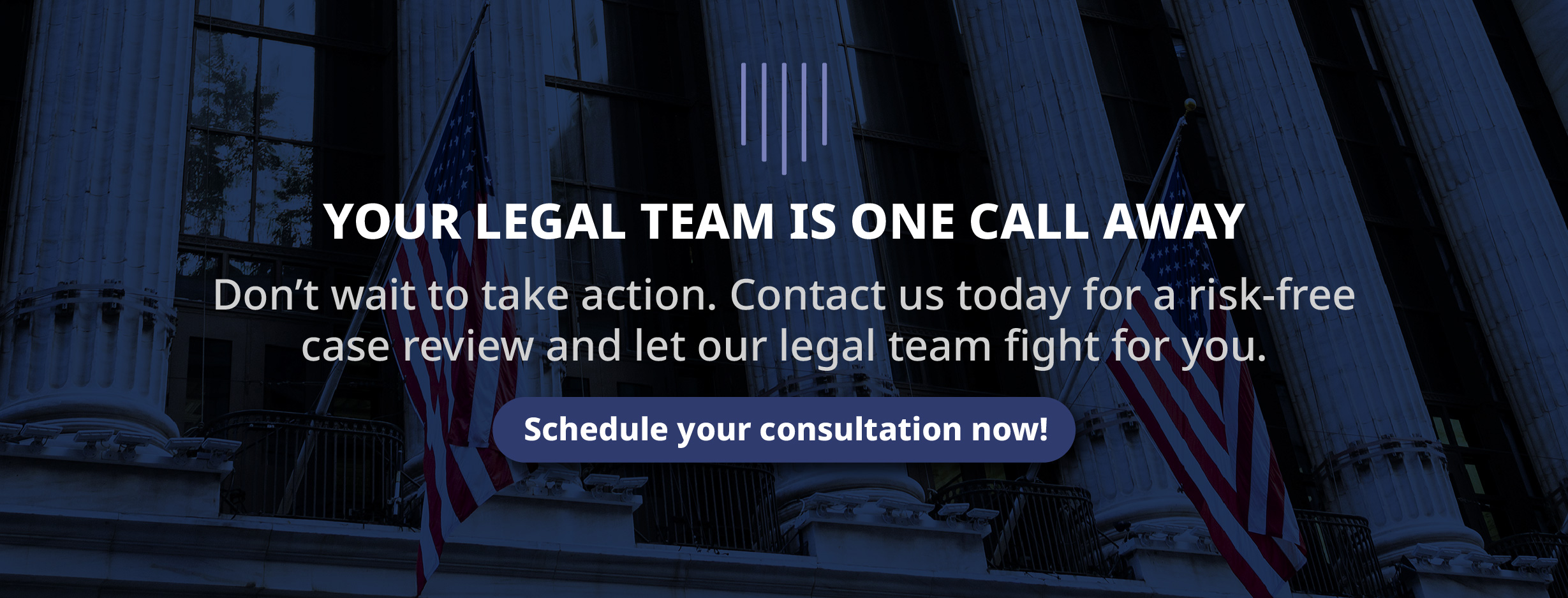
When a wrongful death lawsuit is successful, the awarded compensation is typically divided among eligible heirs based on Utah’s intestate succession laws or a pre-existing estate plan. The settlement may cover:
Wrongful death claims in Utah provide a path for surviving family members to seek justice and financial recovery after a tragic loss. While spouses, children, parents, and other heirs typically have the right to file, legal complexities can arise, especially when multiple parties are involved.
Consulting with an experienced Utah wrongful death lawyer can help ensure your claim is handled properly and your family receives the compensation it deserves.
A wrongful death claim arises when an individual’s life is taken due to another person or entity’s negligence, recklessness, or intentional actions.
Families who lose a loved one under such circumstances may seek legal action to recover damages and hold the responsible party accountable. While wrongful deaths can happen in a variety of ways, some common causes frequently lead to legal claims.
If you have lost a loved one due to any of these situations, a Utah wrongful death lawyer can help you determine the best course of action to pursue justice.
Car, truck, motorcycle, bicycle, and pedestrian accidents are among the leading causes of wrongful death claims. Fatal crashes often result from negligent or reckless driving behaviors, such as:
Large truck accidents are particularly deadly due to their size and weight, often causing catastrophic injuries or fatalities upon impact.
Healthcare professionals must provide competent care. When medical negligence occurs, it can result in a patient’s death. Common types of medical malpractice leading to wrongful death claims include:
Certain industries pose a higher risk of fatal workplace injuries, particularly in construction, manufacturing, and transportation. Wrongful death claims may arise when an employer fails to maintain a safe work environment. Common causes include:
Product manufacturers, designers, and distributors have a legal obligation to ensure their products are safe. Defective or dangerous products can cause fatal accidents, leading to wrongful death claims. Common examples include:
Property owners have a duty to keep their premises safe for visitors. When hazardous conditions exist, they can lead to fatal accidents. Examples of premises liability wrongful death claims include:
Elderly residents in nursing homes are vulnerable to neglect and abuse, which can sometimes lead to death. Common causes of wrongful death in nursing homes include:
Wrongful death claims can also stem from intentional acts of violence or misconduct. Unlike criminal charges, which seek to punish offenders, wrongful death lawsuits focus on financial compensation for surviving family members. Common examples include:
Wrongful death claims arise from a variety of tragic incidents, ranging from vehicle crashes to workplace accidents and criminal acts. While no amount of compensation can replace a lost loved one, pursuing a wrongful death claim can provide financial relief and hold negligent parties accountable.
If you believe your loved one’s death resulted from another’s negligence or wrongdoing, consulting an experienced Utah wrongful death lawyer can help you understand your legal options and fight for justice.
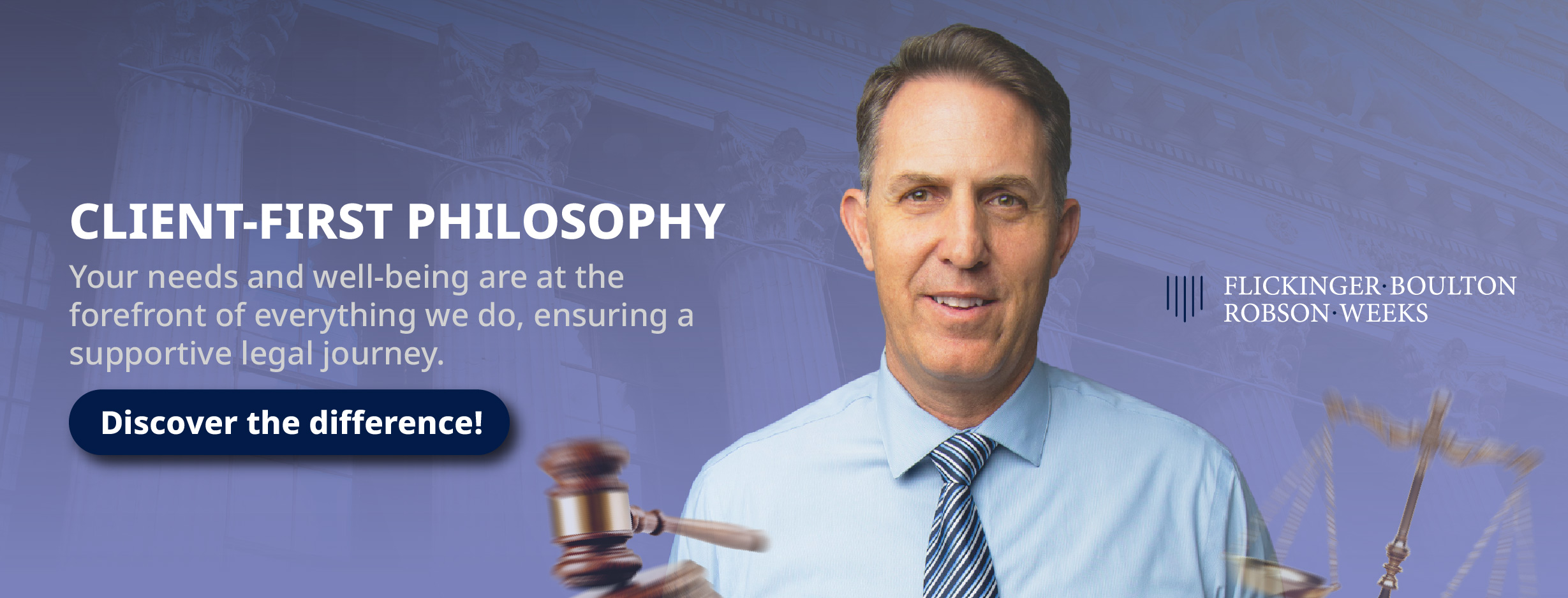
When a loved one’s death results from another party’s negligence or wrongful act, surviving family members may have the right to file a wrongful death claim. However, Utah law imposes strict deadlines, known as the statute of limitations, that determine how long families have to pursue legal action.
Failing to file within these timeframes may result in losing the right to seek compensation. Contacting a Utah wrongful death lawyer as soon as possible ensures your case is filed on time.
Under Utah Code § 78B-2-304, the statute of limitations for wrongful death claims is generally two years from the date of death. This means that surviving family members or the personal representative of the deceased’s estate must file a lawsuit within this timeframe.
If the wrongful death resulted from medical malpractice, the deadline remains two years from the date of death. Still, additional legal requirements apply, such as filing a notice of intent before initiating a lawsuit.
Different rules apply if a wrongful death claim is being filed against a government agency or employee. Under Utah’s Governmental Immunity Act, claimants must:
These strict requirements mean that families must act quickly if their loved one’s death involves a public entity, such as a city vehicle accident or a fatal injury at a state-owned facility.
In some cases, Utah law allows the statute of limitations to be extended (tolled) under specific circumstances. These exceptions include:
However, these exceptions are rare, and most wrongful death claims must be filed within the standard two-year window.
If the statute of limitations expires before a wrongful death lawsuit is filed, courts will likely dismiss the case, preventing the family from recovering compensation. Insurance companies and defense attorneys know these deadlines and may refuse to negotiate once the time has passed.
To protect their rights, families should:
Utah’s statute of limitations for wrongful death cases is generally two years, with a one-year deadline for government-related claims. Because these deadlines are strictly enforced, acting quickly is crucial. Seeking legal guidance early can help ensure that families retain their right to seek justice and compensation for their loss.
The financial compensation available in Utah wrongful death cases varies based on the circumstances but may include:
In certain cases, punitive damages may be awarded when the actions of the responsible party were extremely reckless or intentional. These damages aim to punish the wrongdoer and deter future misconduct. For guidance, consult a Utah Wrongful Death Lawyer to understand how these damages might apply to your case.
When a loved one’s life is lost due to another party’s negligence or misconduct, surviving family members may be entitled to compensation through a wrongful death claim. While no amount of money can truly replace the loss of a loved one, financial recovery can help ease the burden of medical bills, lost income, and emotional suffering.
In Utah, wrongful death claims allow certain family members to pursue economic and non-economic damages and, in some cases, punitive damages.
Economic damages are tangible financial losses that result from a wrongful death. These damages are typically easier to calculate because they are based on actual costs and financial estimates. They may include:
In cases where the deceased was the primary breadwinner, economic damages are particularly significant, as they help ensure surviving family members are not left in financial hardship.
Non-economic damages cover intangible losses that do not have a direct monetary value but deeply impact surviving family members. These damages often include:
These damages can vary significantly depending on the victim’s role in the family and the impact their absence has on surviving relatives.
The court may award punitive damages in cases involving gross negligence or intentional misconduct. These are not meant to compensate the family for their loss but rather to punish the defendant and deter similar actions in the future.
Punitive damages may apply in cases such as the following:
Punitive damages are awarded at the court’s discretion and typically require clear and convincing evidence of recklessness or intentional wrongdoing.

In Utah, wrongful death settlements are typically divided among eligible heirs, which may include the deceased’s spouse, children, parents, or other legal beneficiaries. If multiple family members are entitled to compensation, the court may determine how the settlement is divided based on Utah’s intestate succession laws.
Wrongful death claims can provide much-needed financial relief for families dealing with medical bills, lost income, and emotional suffering. While every case is unique, an experienced Utah wrongful death attorney can help ensure that surviving family members receive the full compensation they deserve.
Losing a loved one due to another’s negligence or wrongful actions is devastating. Families often struggle with emotional grief, financial burdens, and legal uncertainties in the aftermath. At Flickinger Boulton Robson Weeks, we are committed to guiding families through the wrongful death claims process with compassion, legal expertise, and a dedication to securing justice.
If you have lost a loved one due to someone else’s negligence, don’t navigate the legal process alone. Contact a Utah wrongful death lawyer today for a free consultation, and let us fight for the compensation and justice your family deserves.
Our firm provides comprehensive support at every stage, ensuring that grieving families can focus on healing while we handle the legal complexities.
A strong wrongful death case begins with a thorough investigation. Our legal team works diligently to collect evidence that establishes liability and supports the family’s claim for compensation. Our investigative process includes:
By compiling strong evidence, we build a compelling case that holds the responsible party accountable.
Insurance companies often attempt to minimize payouts or deny claims altogether. Our firm takes on the burden of dealing with insurance adjusters to ensure families receive fair compensation. We:
If the insurance company refuses to offer a fair settlement, we are prepared to take the case to court and fight for justice through litigation.
A wrongful death claim seeks to provide financial relief for the family’s losses, both economic and non-economic. Our firm carefully assesses all potential damages, including:
For cases involving gross negligence or intentional harm, we also pursue punitive damages to hold the wrongdoer accountable and deter similar actions in the future.
We understand that a wrongful death claim is more than just a legal case; it is a deeply personal matter. Our Utah wrongful death lawyers offer:
While many wrongful death claims are resolved through settlements, some cases require litigation. Our trial attorneys are prepared to present a strong case in court using:
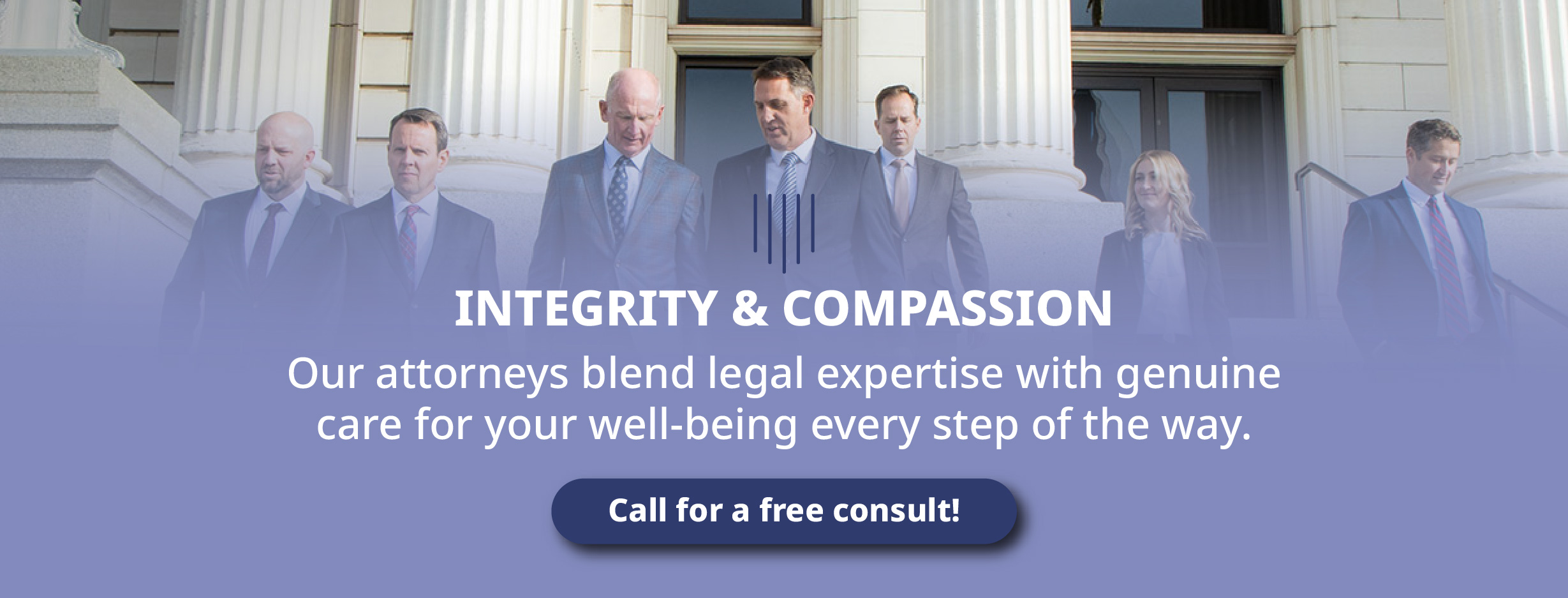
At Flickinger Boulton Robson Weeks, we are dedicated to seeking justice for families who have lost loved ones due to wrongful death. With years of experience, a compassionate approach, and a proven track record, we provide the legal support families need during their most difficult times. Contact us today for a free consultation, and let us help you pursue the justice and financial recovery you deserve.
Navigating the complexities of wrongful death claims in Utah can be challenging, especially when seeking information beyond the commonly discussed topics. Below are some frequently asked questions that address less commonly covered aspects of wrongful death cases in Utah:
Yes, if the individual responsible for the wrongful death passes away during the legal proceedings, the claim does not become void. Instead, the legal action can continue against the deceased defendant’s estate.
Personal representatives of both the decedent and the defendant may proceed with the case on behalf of their respective estates. This ensures that the victims’ families are not deprived of potential compensation due to the defendant’s death.
When multiple heirs are entitled to compensation from a wrongful death settlement, the distribution can occur through:
It’s essential to consult with an attorney to ensure that the distribution aligns with Utah’s legal guidelines and the specific circumstances of the case.
The public accessibility of wrongful death settlements depends on how the case is resolved:
Discussing confidentiality options with legal counsel can help determine the best approach based on individual preferences and legal considerations.
Yes, a wrongful death claim can still be filed even if the deceased was unemployed. Non-economic contributions, such as homemaking, childcare, and emotional support, are valuable and recognized in wrongful death claims. Compensation may cover:
These aspects underscore the significance of the deceased’s role beyond financial earnings.
It’s advisable to consult a wrongful death attorney as soon as possible after the incident. Prompt legal guidance ensures:
Early engagement with legal counsel facilitates a thorough investigation and strengthens the foundation of the wrongful death claim.
If the individual responsible for the wrongful death dies during the legal proceedings, the claim survives. Personal representatives of either the wrongdoer or the victims may continue the case between estates. This ensures that the victims of a wrongful death are not deprived of compensation by the death of the at-fault party.
No, wrongful death laws vary by state, including statutes of limitations, definitions of eligible heirs, and types of recoverable damages. It’s crucial to consult with a local attorney familiar with Utah’s specific wrongful death statutes to navigate the legal process effectively.
Understanding these nuanced aspects of wrongful death claims in Utah can provide clarity and assist families in making informed decisions during challenging times. Consulting with experienced legal professionals is essential to navigate the complexities of each unique case.
UTAH INJURY LAWYERS
Flickinger • Boulton
• Robson • Weeks
PROVO OFFICE
3000 N University Ave
Suite 300
Provo, UT 84604
SOUTH JORDAN OFFICE
10393 S. Temple Dr.
Suite 103
South Jordan, Utah 84095
OFFICE HOURS
Monday- Friday: 8AM-5PM
Saturday-Sunday: Closed
*Disclaimer: the information provided by this website is for informational purposes only and should not be considered legal advice or a substitute for competent legal counsel.
**SMS consent and contact phone numbers will not be shared or sold to third parties or their affiliates for any purpose.
© 2025 All Rights Reserved.